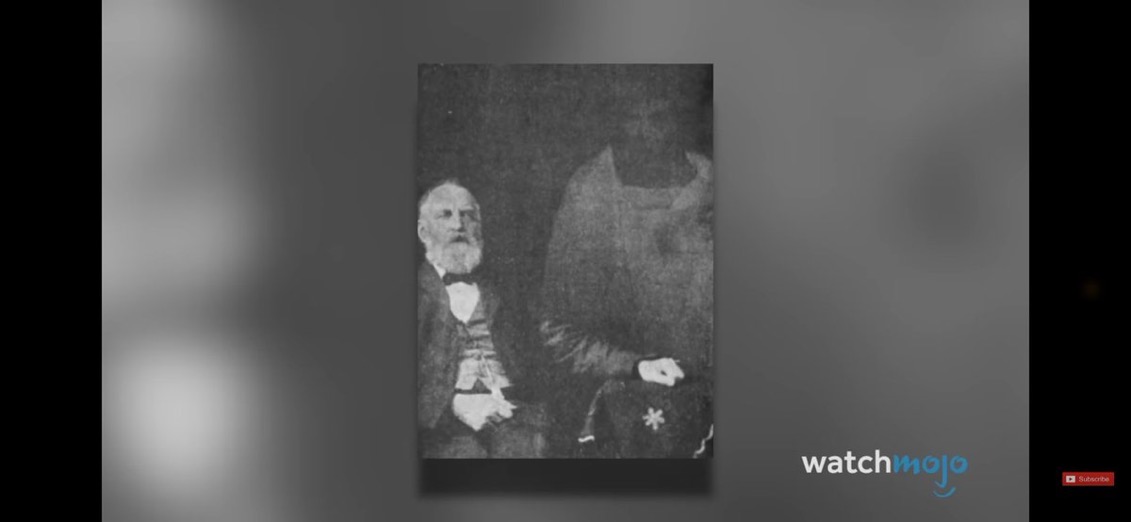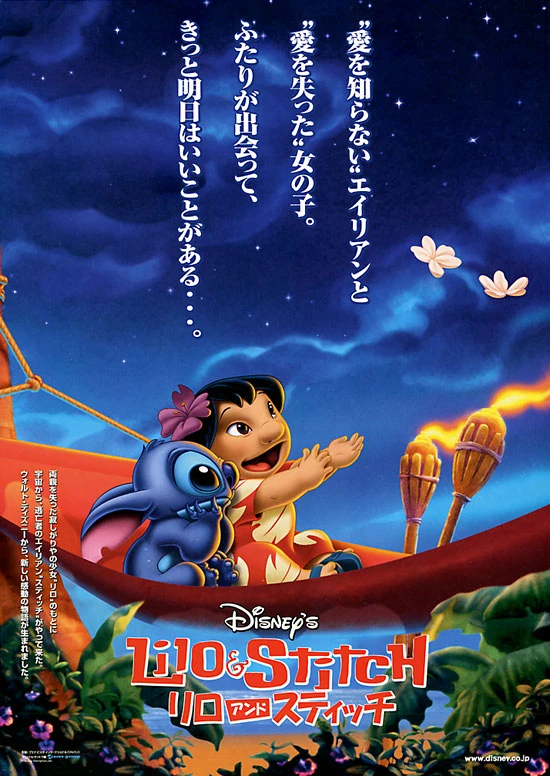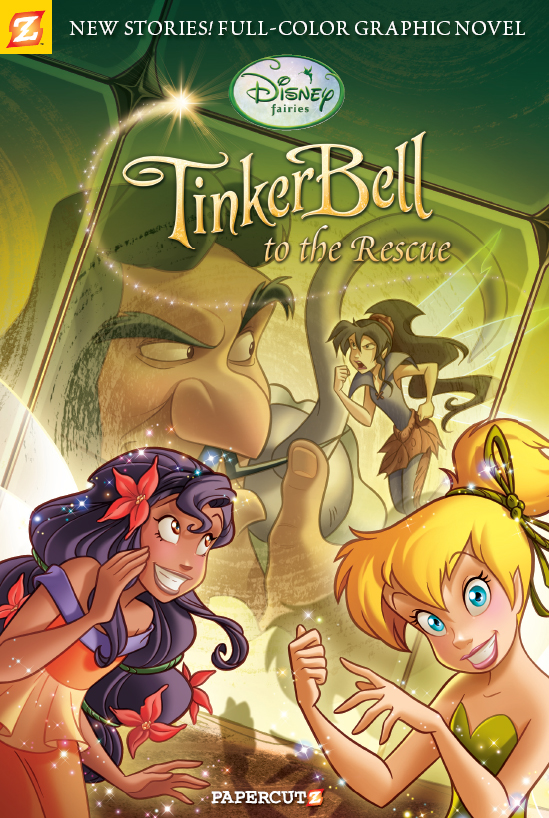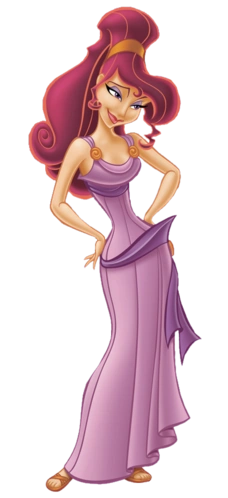Cannes 2025 So Far: Dark Movies, Dark World
For the first six days of the 2025 Cannes Film Festival, the festival and its filmmakers kept making the same point: “Damn, the world is a mess.” And yet, in an example of gloriously mixed messages, it also took a couple of massive opportunities to add, “but aren’t movies fun?”
So far, Cannes ’25 has made for cultural whiplash of the best kind. The festival presented a string of films that delved into the darkness that surrounds us these days, from Gaza to Ukraine to Donald Trump’s administration, but it also embraced the sheer escapism of Hollywood cinema and the artistic trailblazing of the French New Wave. This year’s Cannes contains all of those things — and even in a uncertain year with the heart of the Palme d’Or race yet to be unveiled, the messages coming out of the Palais are all the better for being so contradictory.
You want the good news first? Start with Tom Cruise, the last movie star, who blew up the festival on Wednesday night with “Mission: Impossible — The Final Reckoning,” the kind of blockbuster that proves to be irresistible as a Cannes change of pace. (After this and the “Top Gun: Maverick” premiere a couple of years ago, does Cannes need Cruise more than Cruise needs Cannes? Probably, though it’s a pretty symbiotic relationship.)

But Hollywood hits will always be a little sidebar at the festival. So Saturday night brought something even more delicious: An American indie film giant, Richard Linklater, paying homage to French cinema icon Jean-Luc Godard with a film about the making of his trailblazing 1960 oeuvre, “Breathless” — in French and also in the style of the 1960s’ New Wave or “Nouvelle Vague,” the title of his movie.
In the hands of a more pompous director, that could have been a recipe for disaster. But Linklater and his crew approached Godard with reverence combined with a sense of fun. This foolhardy conceit became the week’s grandest celebration of moviemaking and the perfect Saturday night soiree at the festival designed to rejoice in cinema.
Godard was one of the directors who in 1968 successfully pushed Cannes to shut down the festival in light of the student strikes that were sweeping the country that spring. In other words, he was a director who thought that what is happening in the outside world should influence what happens on the Croisette. And while nobody was agitating to halt the festival to protest Gaza or Ukraine or Donald Trump’s proposed tariffs on non-American movies, this year’s crop of films have loudly proclaimed, in many different ways, that the world is in very bad shape.
Among the eight films in the main competition that have screened so far, Ari Aster’s “Eddington,” about a small town in the Southwest that loses its mind to conspiracy theories and Internet hoaxes, pinpoints the COVID-19 lockdown as the moment the U.S. became utterly and irretrievably divided. Starring Pedro Pascal as the local mayor and Joaquin Phoenix as the sheriff who goes down an ill-fated path of lawlessness and vigilante violence, the movie paints a portrait of societal dysfunction with near-apocalyptic intensity.
Oliver Laxe’s “Sirat” takes place at an event that might well be World War III — or it might just be the real-life road to hell.A group of edge-of-civilization revelers at a Burning Man-type desert rave find themselves caught in the teeth of unnamed political violence and revolution. They learn there is no way to avoid the chaos and the personal tragedy that bleeds out of our current state of global political disarray.
Lynne Ramsay’s “Die, My Love” is officially a domestic drama, but it makes motherhood look downright apocalyptic. And even the films set in the past were there for a reason: “Sound of Falling” despairs at the treatment of women over the course of a century, “Two Prosecutors” details a Kafkaesque level of Russian corruption in 1937 but certainly hearkens to 2025, and “Amrum” could be a gentle coming-of-age drama except that it takes place during the death throes of German fascism at the end of World War II and is being viewed at a time when the right wing is once again on the rise in that country.
And that list doesn’t even include Raoul Peck’s documentary “Orwell: 2+2=5,” which suggests that the road map to totalitarianism depicted in George Orwell’s “1984” is being used throughout the world today, including by the Trump administration.

There are gentler, kinder films in Cannes this year, and happier ones: coming-of-age character studies like “Left-Handed Girl” and “Renoir,” about young girls in Taipei and Tokyo, respectively, or the introspective but exuberant performance piece “Bono: Stories of Surrender” or the fun gender-swapped puberty-horror flick “The Plague,” where a boys’ water polo camp is the setting for an examination of universal pubescent insecurities.
That last film is a hoot but it also fits with the tenor at this year’s festival. The overall tone of this year’s offerings is dark, just as the overall tone would be dark if festival-goers left the theaters, went back to their rooms and switched on the TV news.
Still, there’s room for other trends at this year’s festival. For instance, there are actors turned directors who know what they’re doing. Harris Dickinson (“Triangle of Sadness”) made his debut as a director with “Urchin,” a tough urban character study with a touch of the metaphysical to it, and won some of the best reviews of the festival. Kristen Stewart also debuted as a director with “The Chronology of Water” and showed real assurance behind the camera. And Scarlett Johansson will premiere her film “Eleanor the Great” on Tuesday, but advance buzz is strong.
Another trend: the boxy 1.33 aspect ratio, which appears nearly square on screen and has already been seen at the festival in “Nouvelle Vague,” “Die, My Love” and “Two Prosecutors.”
And there’s a last trend that extends back for years: Cannes’ stubborn refusal to do what most festivals do and front-load the biggest titles into its first few days. The fest has been going since Tuesday night, but the films that have yet to screen in the main competition include two-time Palme d’Or winners the Dardenne brothers’ “Jeunes Meres,” one-time Palme winner Julia Ducournau’s “Alpha,” Jafar Panahi’s “A Simple Accident,” Oliver Hermanus’ “The History of Sound,” Bi Gan’s “Resurrection,” Kelly Reichardt’s “The Mastermind,” Joachim Trier’s “Sentimental Value” and out of competition, Ethan Coen’s “Honey Don’t” and Spike Lee’s “Highest 2 Lowest.”
So it’s safe to assume that what we’ve seen so far will not tell the story of this year’s Cannes. That’s not unusual: At this point last year, four of the seven prize-winning movies in the main competition had yet to screen, with the Palme winner “Anora” not surfacing until the second Tuesday.
Still, if the full story of Cannes ’25 hasn’t been told, the festival has told a significant story so far. It’s a simple story, even if it’s also a contradictory one: Enjoy the movies, and watch out for the world around us.
















